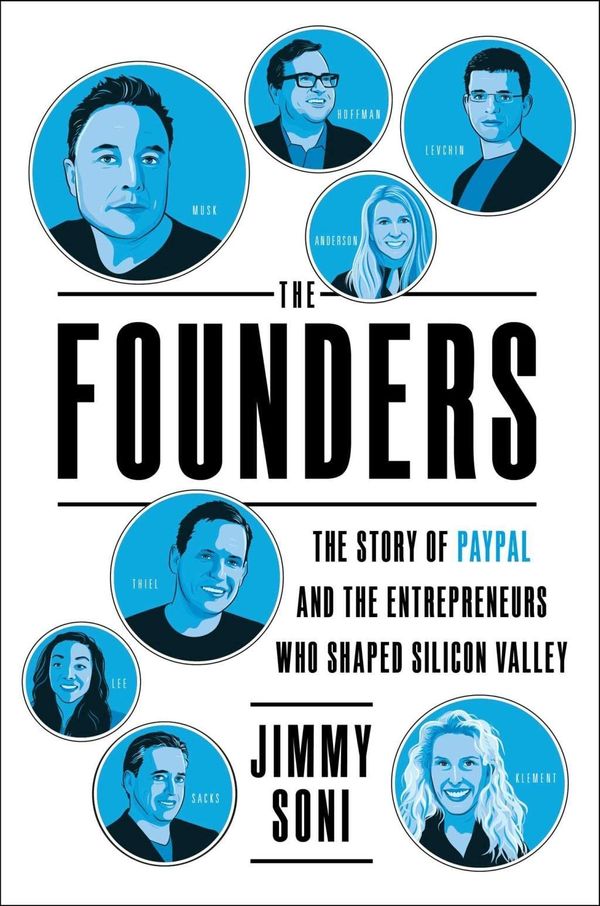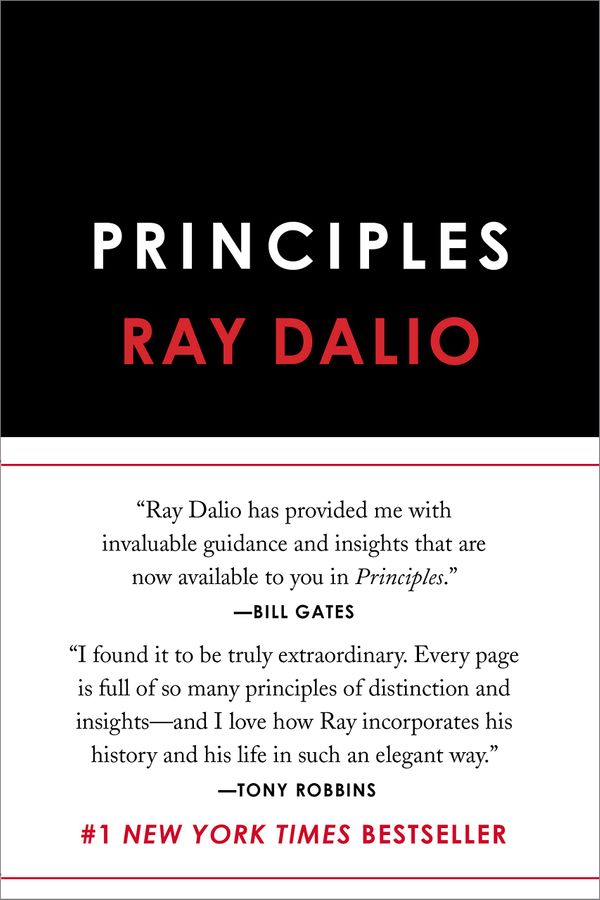By Bill Walsh (2009)
Pages: 242, Final verdict: Must-read
Bill Walsh is considered to be one of the greatest American Football coaches of all time. After becoming head coach of the San Francisco 49ers team, one of the worst teams in the NFL, he led team to a Super Bowl victory in just three years. For ten consecutive seasons at the 49ers, Bill Walsh won three Super Bowl titles and revolutionized how the game was played.
The Score Takes Care of Itself is Bill Walsh's leadership advice for leaders in sports and business. Written together with Steve Jamison, it would not be published until after Bill Walsh's death in 2007.
A game of details and hard work
In a series of 2-3 page long chapters, Bill Walsh goes on to describe the many ways he led his team: 'winners act like winners', 'welcome skeptics to your team' or 'you're as good as your good people' being a few examples. Each chapter providing examples of how Bill Walsh succeeded (or failed!) in that aspect and what he lesson he took from it.
The chapters read like sparse notes, some consisting of bullet point checklists on how to teach leadership, while some others address the intrinsic aspects of motivation. Still, you get a feeling of continuation as the narrative gradually moves between creating a great team, ensuring consistent success and the eventual downfall.
"Making lemonade when you're given lemons is leadership; making lemonade when you don't have any lemons is great leadership." - Bill Walsh
The score takes care of itself
"The score takes care of itself" is a sentence that Walsh repeated very often. In fact, it was the core of his leadership philosophy: if you work hard and prepare accordingly, you should not worry about the score - the results will come.
Here are a few of the lessons we can take from the book:
- Standard of Performance - everyone in the organization (from players to telephonists) was expected to perform with excellence. Walsh set high standards and clearly communicated what was expected of each one, in what he called his Standard of Performance. Everyone was expected to work for the good of the team, no superstar attitudes were tolerated.
- Create a winning culture - As Walsh started at the 49ers, they were the worst team in the league. None of the players believed they could win. Walsh thought otherwise and he first sought to improve the team's self perception by making them do little things right: dress sharply or show respect for the team's emblem.
- Be prepared and relentlessly seek to improve - Walsh was famous for scripting dozens of plays which he made his players learn. He had blocks with the scripts and started each game with a predefined list of plays (in order to avoid taking bad decisions in the heat of the moment). After each game, he would stay up all night, thinking of ways to improve what didn't go as expected.
Walsh believed his players could reach higher levels and he told them so (and indeed many of them became the best ever at their respective positions). The reverse of the medal was that each of them was expected to give their best, at all times.
When winning is no longer enough
Towards the end of the book, Walsh dedicates more chapters to explaining how the pressure for results increased too much and how he lost the joy in the game, leading to a burnout which made him retire at the top of his career.
This is the cherry on top: The Score Takes Care of Itself is a very good book, but these last chapters make it really great.
After turning around a losing team, the expectations for each season were no less than a win at the Super Bowl. Walsh became increasingly worried about losing. Winning games was no longer enough - he stopped trusting that the score would take of itself. In a humbling recognition of his mistakes, Walsh leaves us advice and how to avoid falling in that trap:
- "Do not isolate yourself"
- "Delegate abundantly"
- "Avoid the destructive temptation to define yourself as a person by the won-lost record, the 'score', however you define it."
- "Shake it off."
It is rare for authors to address the personal cost of being a leader and the way Bill Walsh addresses it gives the book the human touch that most leadership books lack.
"It's amazing and one of the things I love most about leadership - teaching a person how to reach higher and higher, to achieve great things with his or her talent." - Bill Walsh
Bottom line
The Score Takes Care of Itself is an outstanding book. I did not think it was outstanding when I started reading it - its short chapters seem disorganized and many of the concepts the author writes about are common leadership topics: communication, motivation, etc.
However, as you read through it, you get to learn more and more about how exceptional Bill Walsh's turnaround at the San Francisco 49ers was, and why he felt the need to exceed again and again. As I finished reading it, I knew it had all the ingredients I love in a book: a story-like narrative, an intense real life leadership experience, it makes me reflect and also importantly - it is not too long or too short.
Thus, I can only but recommend The Score Takes Care of Itself to anyone looking for a great book to read. Bill Walsh liked to think of himself as a teacher and this book is definitely a great source of leadership lessons.
Further Learning:
- Buy the book online.
- Finding the Winning Edge - the 1997 reference book by Bill Walsh where he describes the details of running a football team.
- Video of the final Drive on Bill Walsh' last Superbowl as a coach, described in the last chapter of the book



